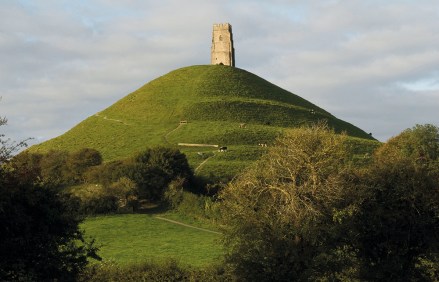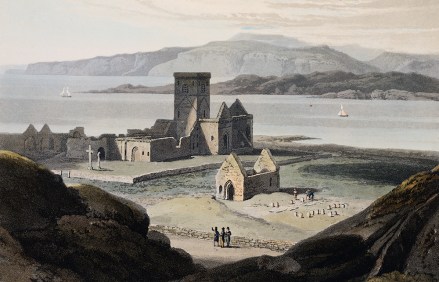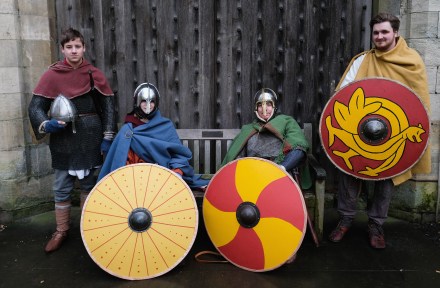The true valour needed to go on pilgrimage in Britain
Every summer solstice, thousands of people gather at Stonehenge to greet the longest day of the year. Judging from the druids in the crowd, you might think this tradition dates back to pagan Britain. In fact, it was started in 1974 by members of a hippy commune who decided to host a free festival among the stones. The Pope, the Dalai Lama and John Lennon were invited, along with a handful of British Airways hostesses. These ‘interactions between ancient and modern faith’ fascinate the travel writer Oliver Smith. On This Holy Island is a journey across Britain, telling the story of a dozen pilgrim destinations and the spiritual seekers drawn




